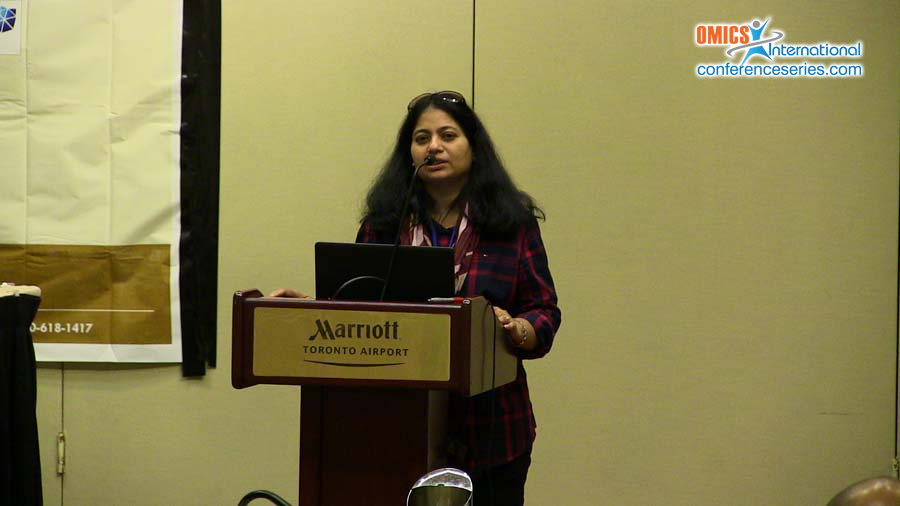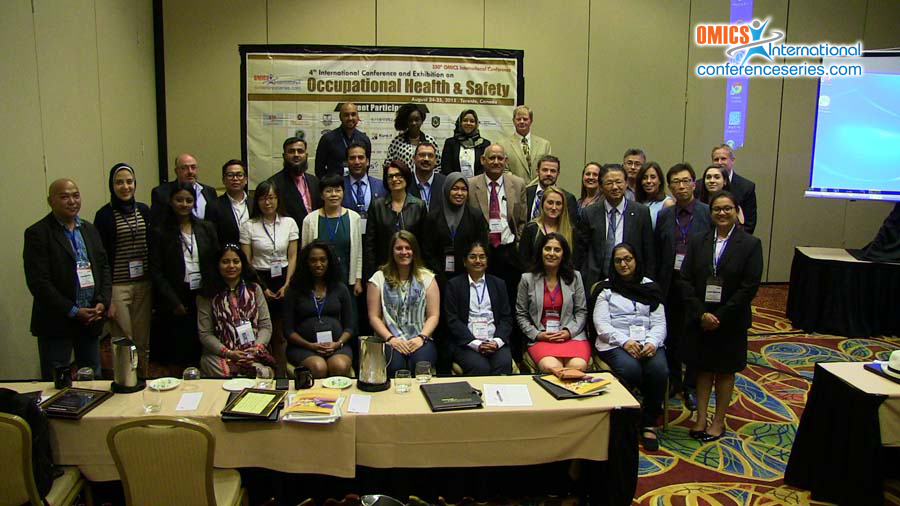Shazia Tabassum Hakim
Jinnah University for Women, Pakistan
Title: Can cultural practices and death customs in Asia help Ebola or Ebola like viruses spread wildly: A general perspective
Biography
Biography: Shazia Tabassum Hakim
Abstract
Because of similar disease pattern, clinical symptoms and owing to largely sensationalist accounts of outbreaks, Ebola Hemorrhagic Fever (EHF) and Marburg Hemorrhagic Fever (MHF) are widely recognized. However, EBOV and MARV are highly pathogenic, and have traditionally been associated with devastating outbreaks with case fatality ranging from 25% to 90%. Scientists have found another virus of genus Henipaviruses named Nipah virus in countries like Bangladesh, Malaysia, Indonesia and China naturally harboured by fruit bats (flying foxes) and some microbat species. These bats have shown presence of antibodies to something related to Ebola Zaire, and also Bangladesh has the history of outbreaks of Nipah virus every few years. Initially it was thought that Ebola Zaire was found only in Africa but evidence for this virus (antibodies) in a very faraway place in south Asia is alarming and possibilities of Ebola or some Ebola like virus could have outbreaks in Bangladesh, China or Indonesia have been questioned. According to WHO, many of the Ebola affected areas are facing extreme poverty without even running water or soap to help control the spread of disease. Other factors include belief in and reliance on traditional folk remedies, magical beliefs and cultural practices that predispose to physical contact with the deceased, especially death customs such as washing the body of the deceased. Some hospitals lack basic supplies and are understaffed (especially in ruler communities), which has increased the likelihood of staff catching the virus themselves. Poverty and these practices, both are common in Asia and hence besides technical preparedness the important need is to make the people aware of consequences related to these infections and convince them about amendments in the cultural practices especially death customs to avoid spread of these deadly infections.




